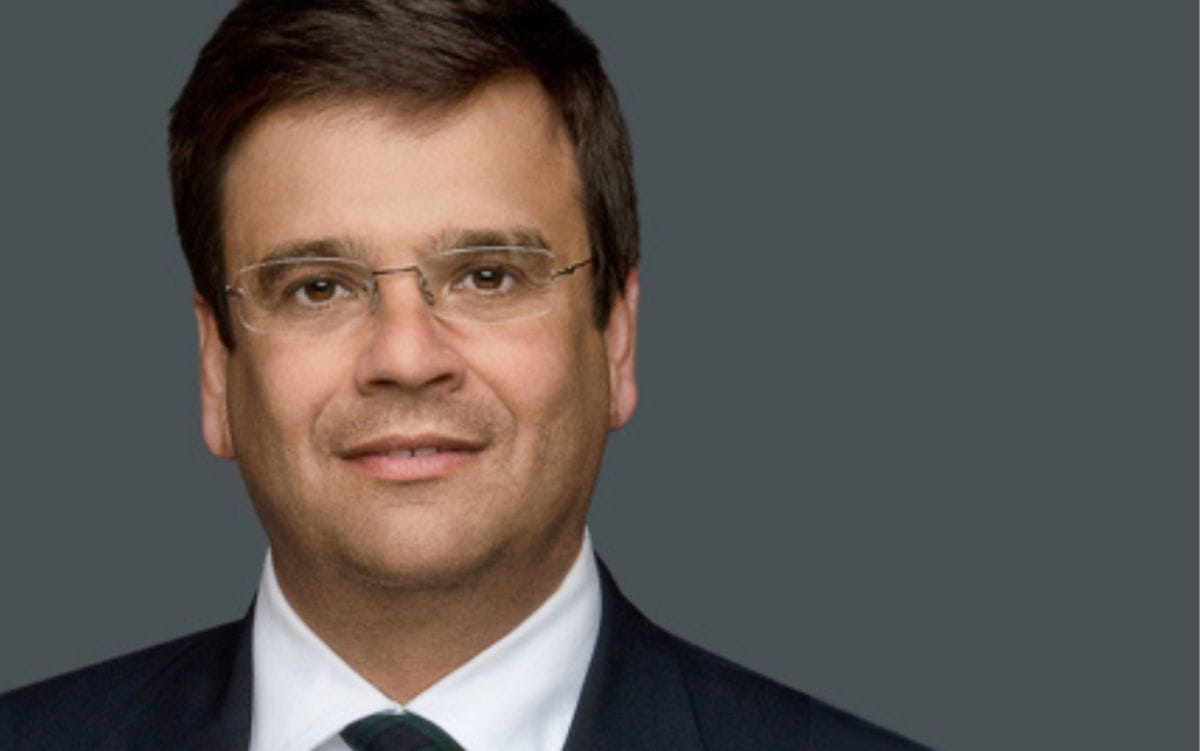The move by legendary US corporate raider Carl Icahn to force the board of McDonalds to change its policy on cruelty in pig farming has highlighted a risk to investors that is not going away.
His nomination of two directors to the restaurant chain’s board, in protest at the continuing use of gestation crates to confine pregnant sows, is a chance for the fast-food chain to get ahead of a flow of regulation before it inflicts escalating costs and reputational damage.
Gestation crates are small metal cages which prevent pregnant pigs from moving or even turning around, and bans on pig producers using them have slowly emerged across the world. The first was imposed in Sweden in 1994 and many western countries including the UK, New Zealand and nine US states have since followed suit.
But the scale and depth of legislation against the crates shifted when voters in California, Massachusetts and the European Union backed bans to prevent the retail sale of imported pork reared using gestation crates from outside their jurisdictions, not just their own farms.
California consumes 14 per cent of US production, so the impact will be significant when the regulation, which was due to come into force in January, but is currently held up in the courts, takes effect.
Opposition, and costs, ramps up
The escalation marks a dramatic shift in the landscape. The European Union is planning to introduce restrictions on imports of meat from caged animals from 2027.
There’s dispute over how much costs will rise as companies make the necessary changes to their production, but those that are unprepared risk being hit harder – both materially and in terms of reputation – than those that get ahead of the new rules.
For example, gestation crates have a lifespan of approximately 25 years, and any installed today are unlikely to be in use for anything like that long, leaving farmers with pig housing they have paid for but can’t use because it breaches new regulations.
Opportunities for investors
Consumers are also increasingly aware of the caging of animals, and campaigners and activists will not stop publicising the practice – and exposing those who continue to use it – until there’s wholesale change.
Sales of brands that cite animal welfare in their labelling increased by 27 per cent between 2019 and 2021, showing the opportunities available for investors. Whole Foods, which is already compliant, expects not to have to increase prices after the California crate ban comes into force, while shoppers in other stores face paying up to 7.7 per cent more for uncooked cuts of pork.
Investors and companies tempted to dig in to fight the new rules need only to look at how quickly egg production has evolved to see how fast the consumer tide can turn, and how quickly they could be left with dramatically devalued assets – facing high costs just to catch up.
More to come
Cage-free eggs represented just 2 per cent of the US market in 2010, but this increased to 28 per cent by 2020 and is expected to hit 70 per cent by 2026. The rapid growth has prompted Cal-Maine Foods, the country’s largest producer, to invest over $500 million since 2008 to expand the company’s cage-free egg production capacity.
In 2011, UK farmers lost £400 million in stranded assets in the form of recently purchased cages. UK farmers complained to government that they had budgeted for the cages to last for as long as 50 years, but those plans had to be scrapped long before then.
Many investors, including those in FAIRR’s $48 trillion network, will welcome Carl Icahn’s attempt to force McDonalds to live up to its promises on welfare grounds, but it’s evident that slow movement on gestation crates is as much an investment risk as it is an issue of animal welfare.
The financial, reputational and regulatory threats from continuing to cage pregnant pigs need to be addressed by the development of facilities that future proof farms by meeting and exceeding the coming requirements.
If the industry fails to prepare, it will risk falling behind regulation, ever-increasing costs and continued exposure to shareholder action – until it is forced to fall into line.
For investors managing ESG risks, the case for swift action is clear.
Jeremy Coller is founder and chair of the FAIRR Initiative, an ESG focused investor network, and Chief Investment Officer of Coller Capital.


